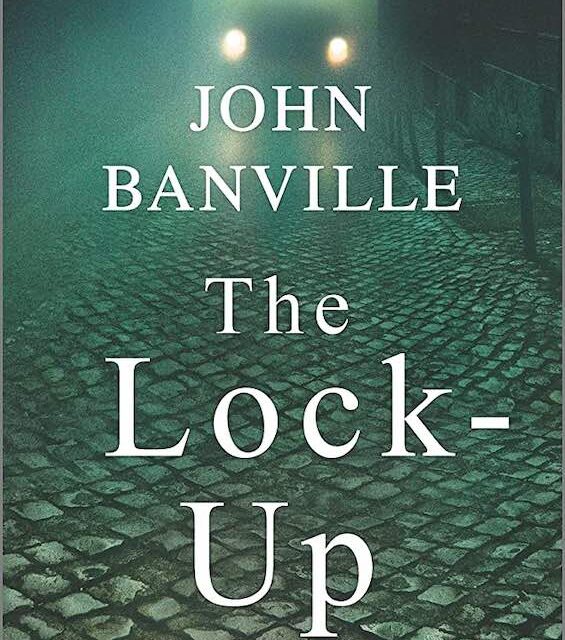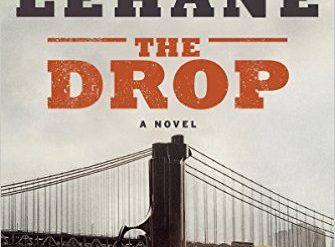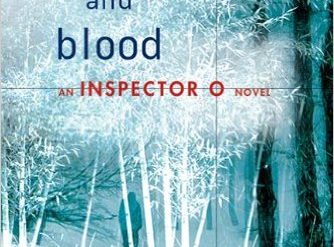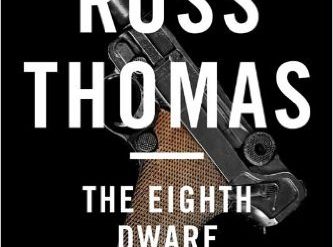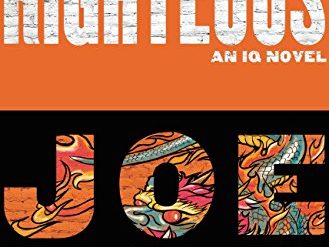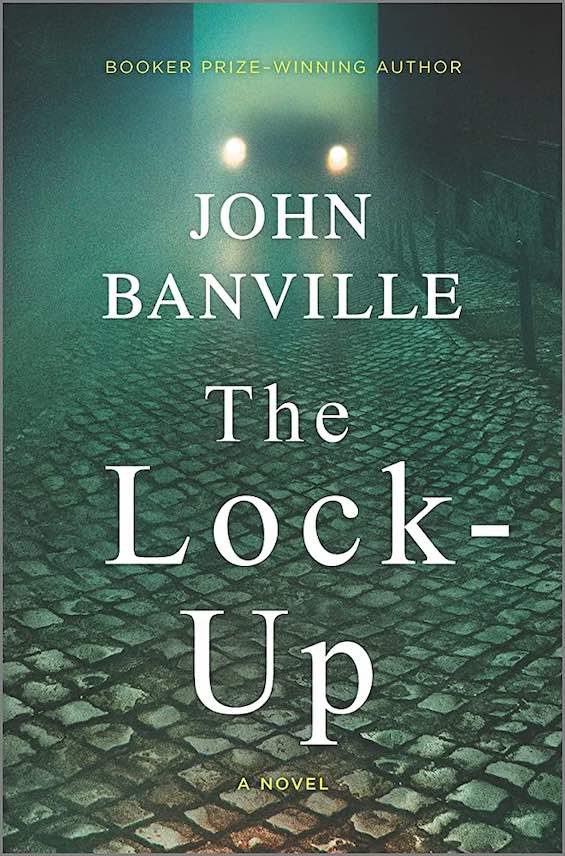
Estimated reading time: 5 minutes
Quirke’s beloved wife, Evelyn, is dead. Shot in Spain by an assassin targeting someone else, and before Quirke’s eyes. Now, six months later as the new Quirke mystery opens, the pathologist is back in Dublin. Not on a nonstop bender, as everyone expects, but drinking heavily nonetheless—and at his irascible worst, picking fights with everyone in sight. He’s living with his daughter, Phoebe, who somehow manages to tolerate him. And now Detective Inspector St. John Strafford of the Garda brings him in to examine the body of a young woman dead of an apparent suicide. Slumped over the wheel of a car in a closed garage with the windows closed and a hose from the exhaust threaded past a window. But it’s not suicide, and Quirke knows it. So begins the ninth novel in John Banville’s extraordinary historical mystery series, The Lock-Up.
A wealthy industrialist emerges as a suspect
Action in the Quirke novels unfolds mostly in Dublin, save one or two excursions to Boston and a single trip to Spain. But this is not Dublin today, buzzing with high-tech vigor. It’s 1957. The Church maintains a firm grip on Irish society, enforcing Victorian rules of propriety and stifling any threat to its domination. And when it begins to seem that one of the Church’s great benefactors may be involved in the murder Quirke has discovered, the Garda will find it difficult to pursue its investigation. But both Quirke and Strafford are determined to do so despite foot-dragging from Detective Chief Inspector Hackett. Because there’s something not quite right with Wolfgang Kessler, the wealthy horse-breeder and industrialist where the clues point them.
The Lock-Up (Quirke #9) by John Banville (2023) 320 pages ★★★★★
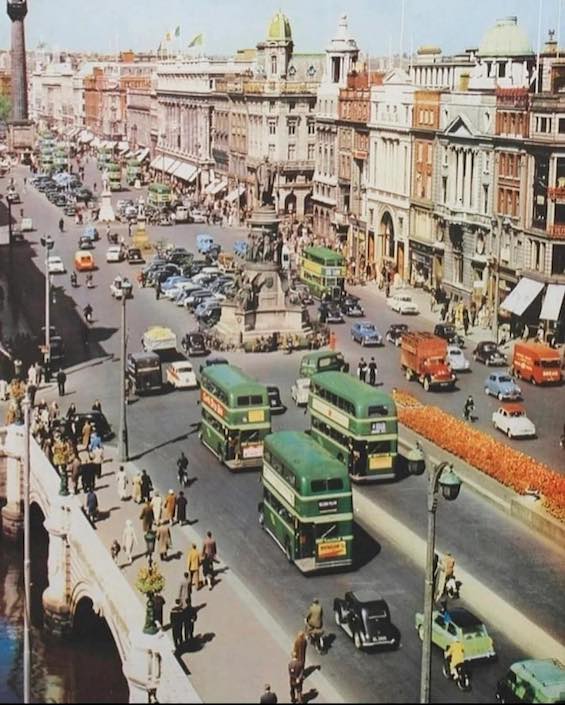
Conflict on scales large and small
We know something’s up at the outset, as The Lock-Up opens in Germany in 1945. A wealthy Jewish man is sheltered at a monastery, en route to freedom. Later, another German, a Nazi, appears on a similar route out of danger. This was a time when the unspeakable horrors of the Holocaust were becoming visible to the world. And so, too, the complicity of the Catholic Church. But initially neither Quirke nor the detective is aware of any such connections. In fact, Quirke’s dislike for Inspector Strafford-with-an-R is getting in the way. After a whiskey or three they may even come to blows. Because Quirke is enraged to learn that Phoebe is becoming close to Strafford.
Soaring prose in the Quirke mystery novels
It’s no accident that the tension between Quirke and the detective emerges as a major theme in The Lock-Up. This is John Banville’s novel, after all, a Booker Prize-winner and primarily an author of “literary” fiction. It shows in all the Quirke mystery novels. The stories are all character-driven, revealing the author’s deep penetration into his characters’ psyche. And Banville’s prose is gorgeous. Here, for example, is St. John Strafford’s description of Quirke:
“For all the tragic weight of his presence, he has become somehow—faded, was the word Strafford thought of. Faded, yes. Reduced in substance. He seemed not entirely there, to others or to himself. He was preoccupied, absentminded, always distracted. His manner was that of a man constantly patting his pockets in search of something he had lost, or misplaced, or only imagined had been there in the first place.”
About the author
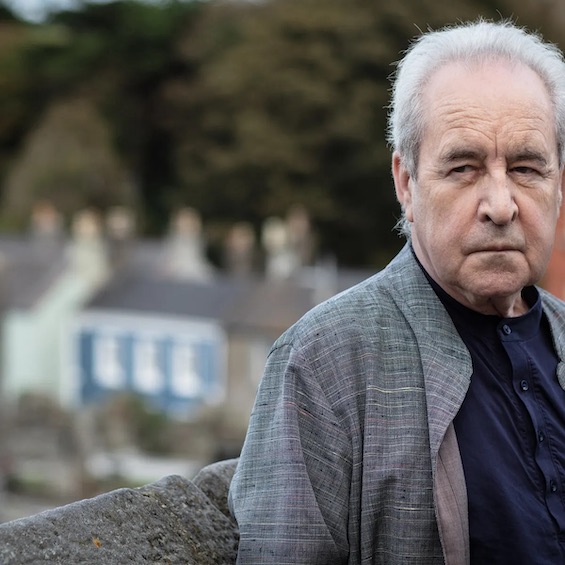
Irish novelist John Banville has won the Booker Prize and numerous other prestigious literary awards for his work, which spans five decades. His first novel was published in 1971, and his first notable award came in 1976. He wrote most of the eight previous novels in the Quirke series under the pseudonym Benjamin Black. Banville was born in 1945 in Ireland and educated there. He lives in Dublin to this day. He has two sons from an early marriage to an American and two daughters from a later relationship.
For related reading
Check out The Quirke series of Dublin crime novels from Benjamin Black for reviews of all previous eight books in this series.
You might also enjoy my posts:
- Top 10 mystery and thriller series
- 20 excellent standalone mysteries and thrillers
- 30 outstanding detective series from around the world
- Top 20 suspenseful detective novels
- Top 10 historical mysteries and thrillers
And you can always find my most popular reviews, and the most recent ones, on the Home Page.

